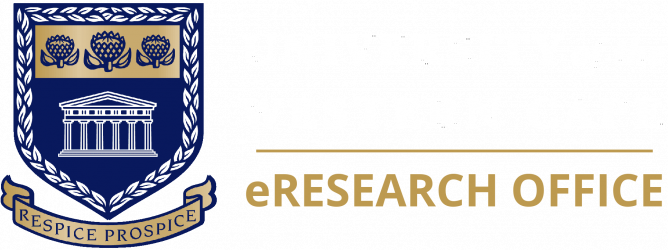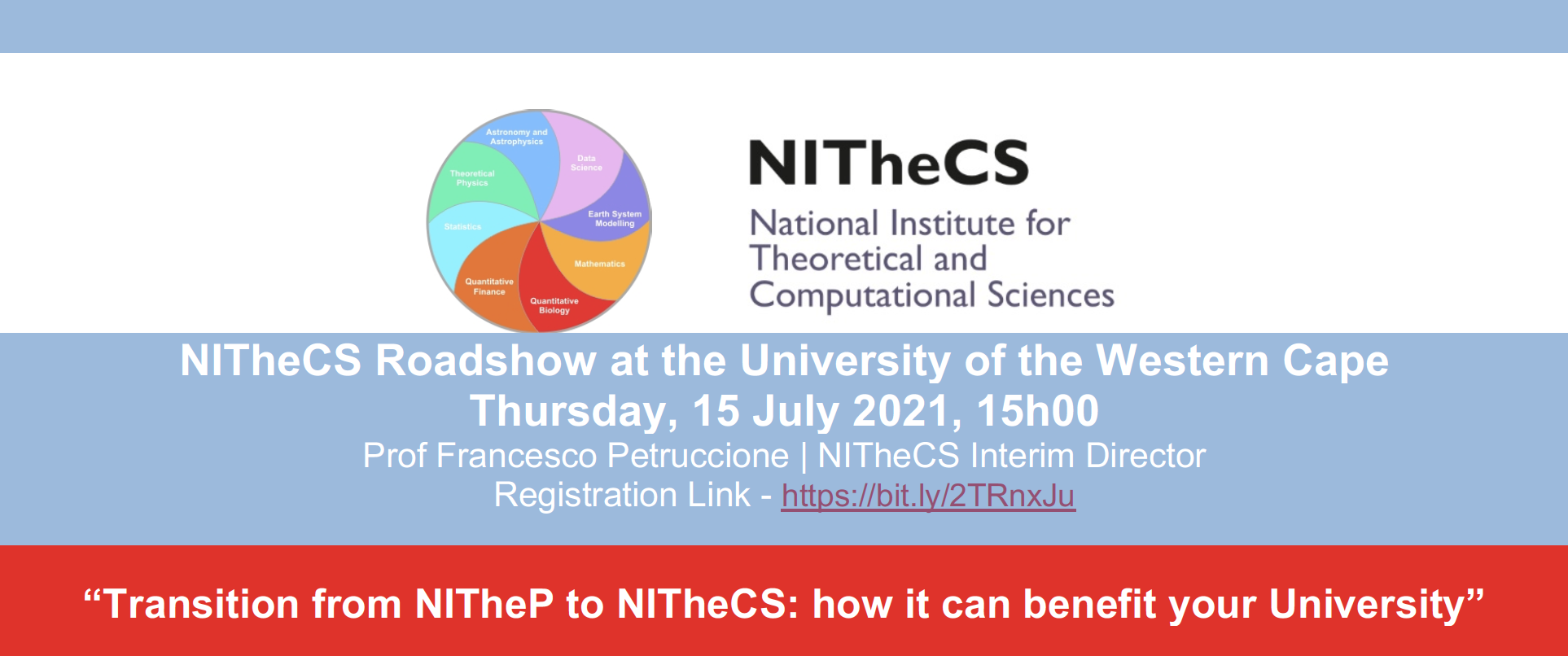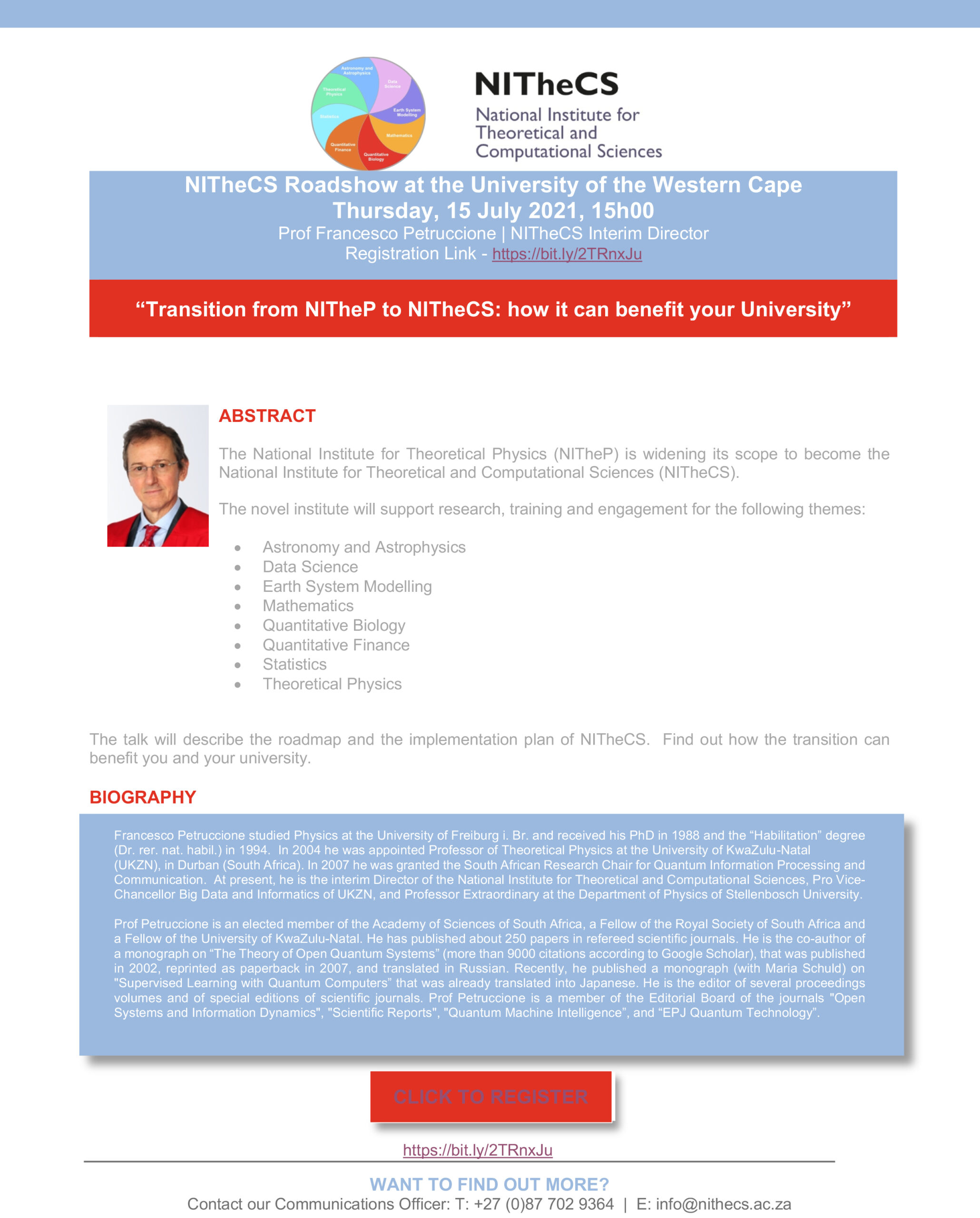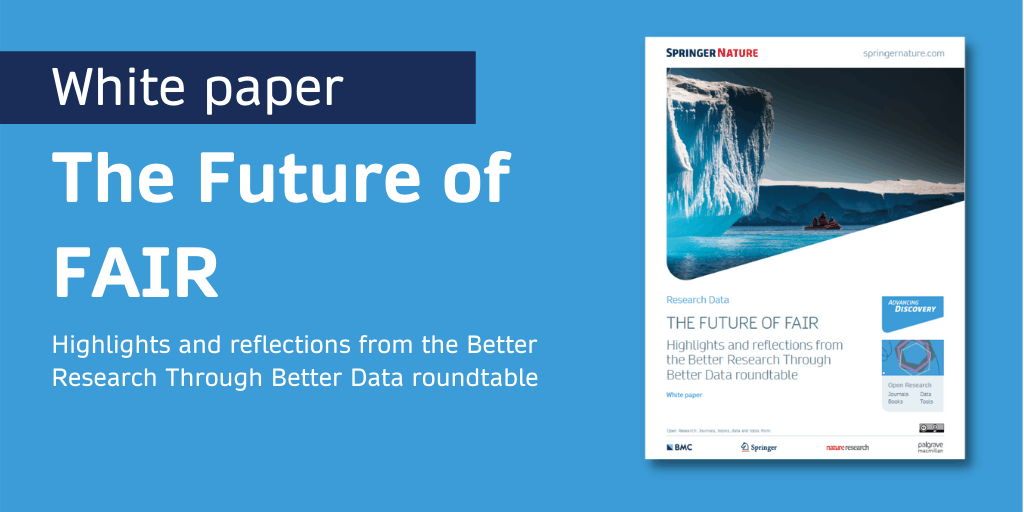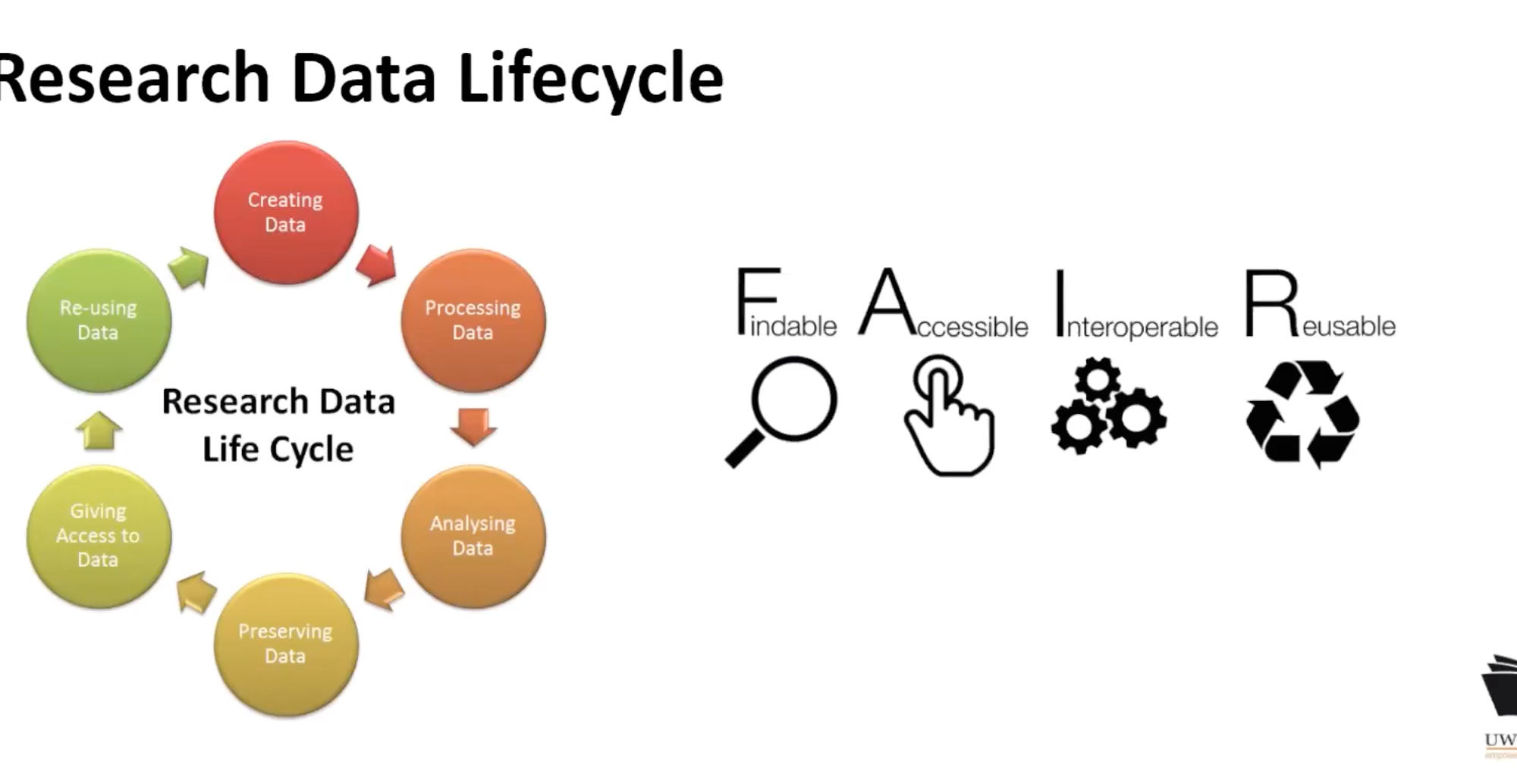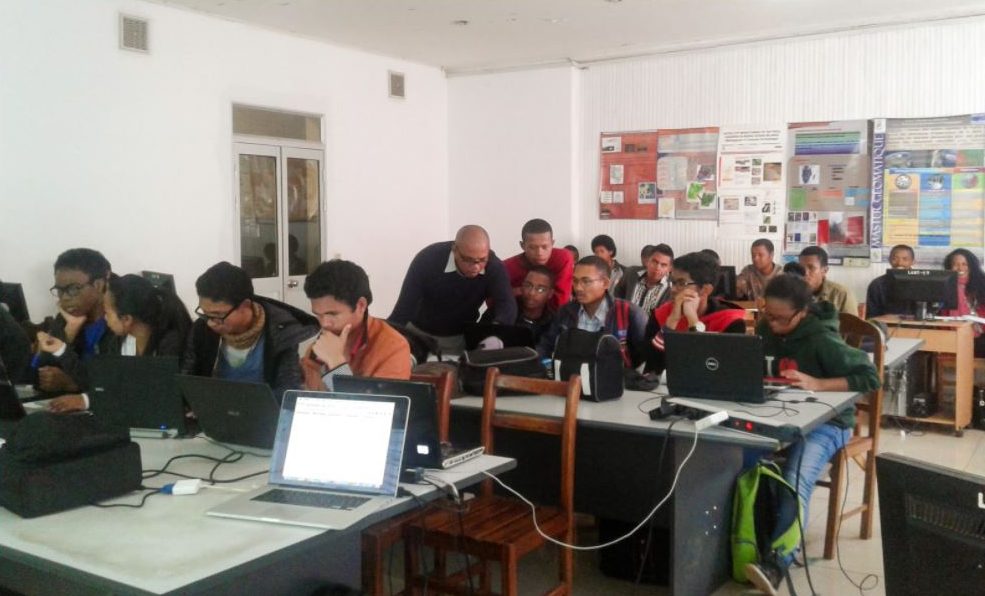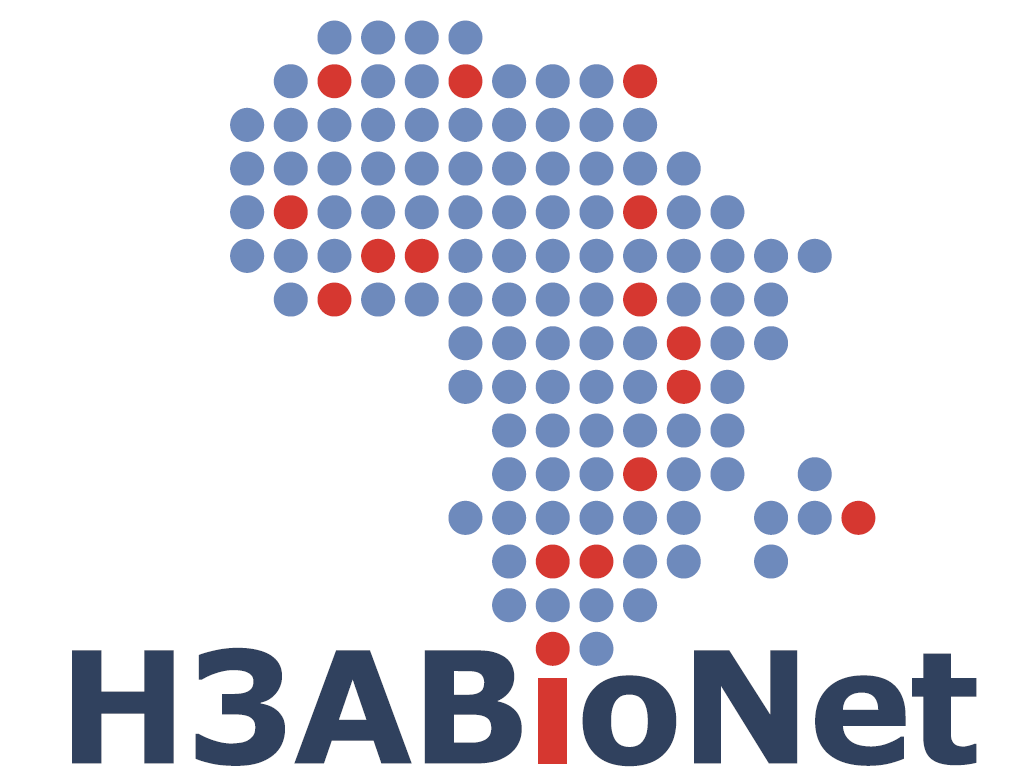Food Systems Research Network for Africa (FSNet-Africa) is a collaborative project between the University of Pretoria’s (UP) African Research Universities Alliance (ARUA) Centre of Excellence in Sustainable Food Systems, the University of Leeds (UoL) (United Kingdom), and the Food, Agriculture, and Natural Resources Policy Analysis Network (FANRPAN).
FSNet-Africa is an ARUA – UK Research and Innovation (UKRI) Research Excellence Project funded by the Global Challenges Research Fund (GCRF); its major contribution to addressing the SDG challenges will be the focus on developing a new understanding of the African food system. It will aim to develop the FSNet-Africa Food Systems Framework and utilising systems-based methodologies to conduct research that enhances understanding of the framework’s components, their interactions, and ultimately the leverage points for food system transformation.
The Fellowship
Dr Frederic Isingizwe from the eResearch Office is one of UWC’s two recipients of the FSNet-Africa fellowship, a two-year research fellowship (July 2021 to June 2023) for early career researchers who are supported in their research to identify and evaluate climate-smart, nutrition-sensitive, poverty-reducing interventions in African food systems.
In addition to research project funding, fellows are supported through participation in a series of structured activities in science, mentorship and leadership development, and by establishing long term research networks, which currently involve ten African Universities and the University of Leeds. This will ensure that the fellows are positioned in the necessary enabling environment and provided with the opportunity to develop the necessary skills to implement impact focused interdisciplinary research related to African food systems and significantly advance their academic careers.
During the fellowship, each fellow will be assigned at least two mentors, from both African and UK universities. These carefully matched research-triads will be interdisciplinary teams that enable the fellows to receive the support they need to develop and implement quality interdisciplinary research projects. This will also create opportunities for fellows and mentors to build meaningful relationships with researchers outside of their own organisations, which can lead to longer term collaborations.
The Research
Understanding African food systems and developing evidence-based interventions to address gaps and systems failures is fundamental to achieving four critical food systems outcomes – nutritious food (safe and high-quality); equitable inclusive systems (social aspects e.g. gender); sustainable environmental approaches and efficient systems (economic considerations e.g. poverty reduction).
The fellows’ research will focus on a systems approach (rather than a discipline-specific approach) to understanding African food systems, whereby the conceptualisation recognises:
– that gender and poverty are cross-cutting issues, influencing not only labour, inputs and types of farming systems (supply), but also diets and food cultures (demand);
– formal and informal supply chains through which food moves from farm to consumer and the different actors and regulations that govern those chains (and the interactions between them);
– key emerging actors within the food systems, such as “agripreneurs” setting up businesses in the agri-sector, and critical drivers of change (e.g. urbanisation and the growing African middle class).
Frederic’s research in the fellowship will focus on developing data-driven solutions for the food supply chain. Aspects such as quality monitoring of agri-food products along the food chain and optimisation of supply chain processes will be the main focus. The project will aim to develop solutions that help improve quality, safety and reduce loss of food along the food chain.
